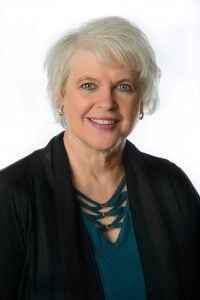About DCCCA Wichita – Wichita
DCCCA Wichita, short for Developing Caring Communities Committed to Action, is an accredited residential program in Wichita, Kansas. They provide treatment to individuals dealing with drug and alcohol abuse. The services that are offered at this facility are life skills coaching, detox beds and family support. Additional programs include health and wellness services as well as individual and group therapy. Case managers are also provided to help clients get access to safe housing, education and employment. DCCCA has 50 years of experience helping individuals overcome drug and alcohol addiction.
DCCCA gives clients access to non medical detox, which means medication won’t be a part of treatment during the withdrawal process. Staff members will provide supervision and emotional support while the client goes through detox. Once a patient has stabilized they can begin receiving residential treatment services. Clients will likely participate in various group sessions that discuss issues related to addiction and tools to prevent relapse.
One thing I really like about this facility is their women’s program. The women’s program at this facility allows mothers to receive addiction treatment while their children are cared for at a licensed child care facility. They also can provide mothers with role modeling and hands-on teaching from staff as they work to manage the challenges of parenting without substance use. The facility assists mothers with accessing community resources to address any emotional, physical or educational needs of the child. For pregnant women, they have access to extensive well baby services, and women are able to return to the residential program after the birth of their child.








